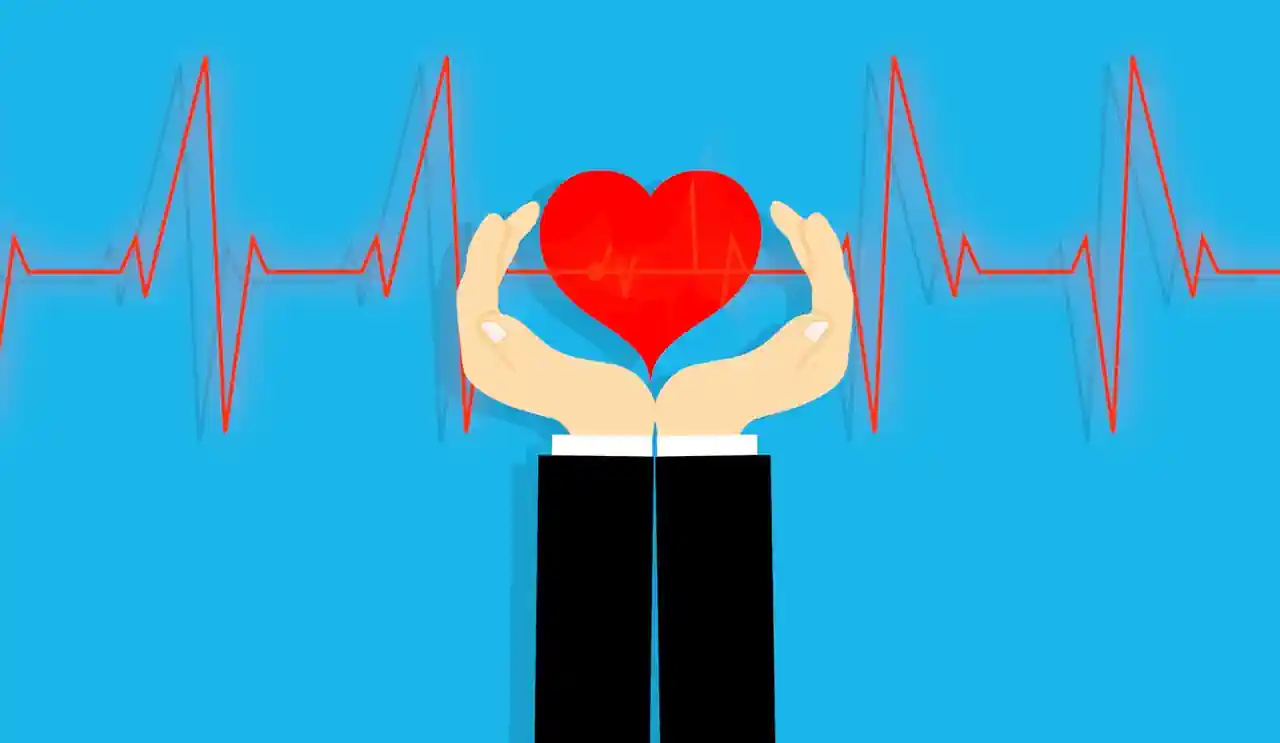In the fast-paced world we live in, stress has become an inevitable part of our daily lives. The toll it takes on our cardiovascular health is profound, often leading to high blood pressure and other heart-related issues. Adopting relaxation techniques can play a crucial role in managing stress, promoting heart health, and maintaining optimal blood pressure levels. In this article, we will explore some effective relaxation techniques that can contribute to a healthier heart.
1. Deep Breathing Exercises:
Deep breathing exercises, such as diaphragmatic breathing or belly breathing, can help activate the body’s relaxation response. By taking slow, deep breaths, you stimulate the vagus nerve, which helps regulate heart rate and blood pressure. Practice deep breathing for a few minutes each day to promote a sense of calm and reduce stress.
2. Progressive Muscle Relaxation (PMR):
Progressive muscle relaxation involves tensing and then slowly releasing different muscle groups in the body. This technique helps alleviate physical tension and stress. Regular practice can contribute to lower blood pressure and improved overall cardiovascular health.
3. Mindfulness Meditation:
Mindfulness meditation focuses on being present in the moment without judgment. Studies have shown that mindfulness meditation can lower blood pressure and reduce the risk of heart disease. Dedicate a few minutes each day to mindfulness meditation to experience its positive effects on both mental and physical well-being.
4. Yoga:
Yoga combines physical postures, breath control, and meditation, making it a comprehensive approach to relaxation and stress reduction. Regular yoga practice has been linked to lower blood pressure and improved heart health. Find a style of yoga that suits your fitness level and incorporate it into your routine.
5. Guided Imagery:
Guided imagery involves creating a mental image of a peaceful and calming place. By focusing on this imagery, you can reduce stress and promote relaxation, which positively influences heart health. Use guided imagery techniques to visualize a serene environment during stressful situations.
6. Aromatherapy:
Certain scents, such as lavender and chamomile, are known for their relaxing properties. Incorporate aromatherapy into your routine through essential oils or scented candles. The soothing scents can help lower stress levels, contributing to better heart health.
Incorporating these relaxation techniques into your daily routine can significantly contribute to heart health and blood pressure management. Remember that consistency is key, and finding the techniques that resonate with you personally will enhance their effectiveness. Prioritize your well-being by dedicating time each day to relaxation, and your heart will thank you for it.
Sources:
- American Heart Association. (2022). Relaxation Techniques. https://www.heart.org/en/healthy-living/healthy-lifestyle/stress-management/relaxation-in-mind-body-and-spirit
- National Center for Complementary and Integrative Health. (2022). Relaxation Techniques for Health. https://www.nccih.nih.gov/health/relaxation-techniques-for-health
- Harvard Health Publishing. (2022). Relaxation Techniques: Breath Control Helps Quell Errant Stress Response. https://www.health.harvard.edu/mind-and-mood/relaxation-techniques-breath-control-helps-quell-errant-stress-response

